
- Article
- Article
The case for safe skin bleaching
Skin bleaching tends to attract a negative press for a whole host of reasons. But when used to treat medical problems, its positive side becomes clear.
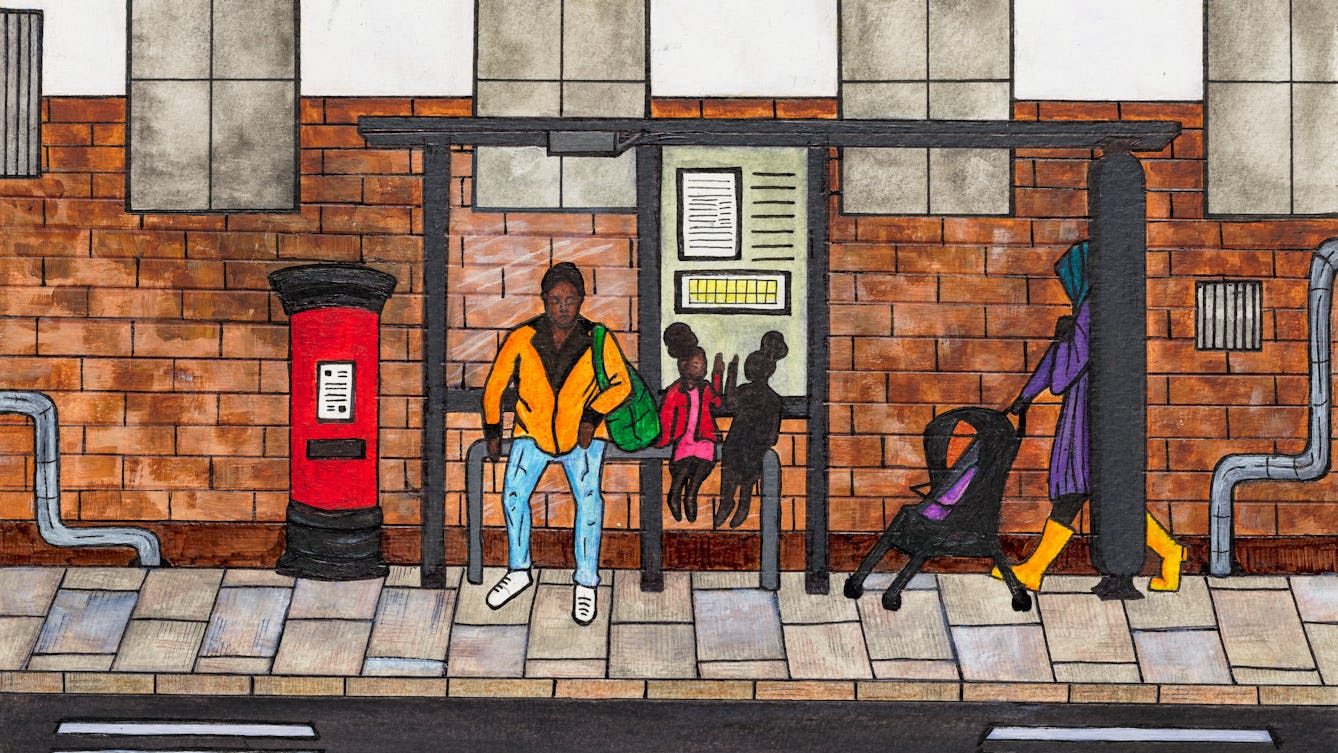
- Article
- Article
We need less ‘sickle cell warriors’ and more allies
Rejecting the epithet “warrior”, Cheryl Telfer describes the pervasive effect sickle cell disease has on her life, and calls for more people to donate blood to help sicklers.

- Article
- Article
A brief history of tattoos
The earliest evidence of tattoo art dates from 5000 BC, and the practice continues to hold meaning for many cultures around the world.

- Book extract
- Book extract
My important, ridiculous nose
The nose is a much-maligned appendage, but it’s a powerful organ capable of invoking powerful emotions from past memories and sexual attraction.

- Article
- Article
Surviving a flesh-eating disease
Nearly dying from a skin infection gave Scott Neill a chance to start again after an early life marked by grief and depression.
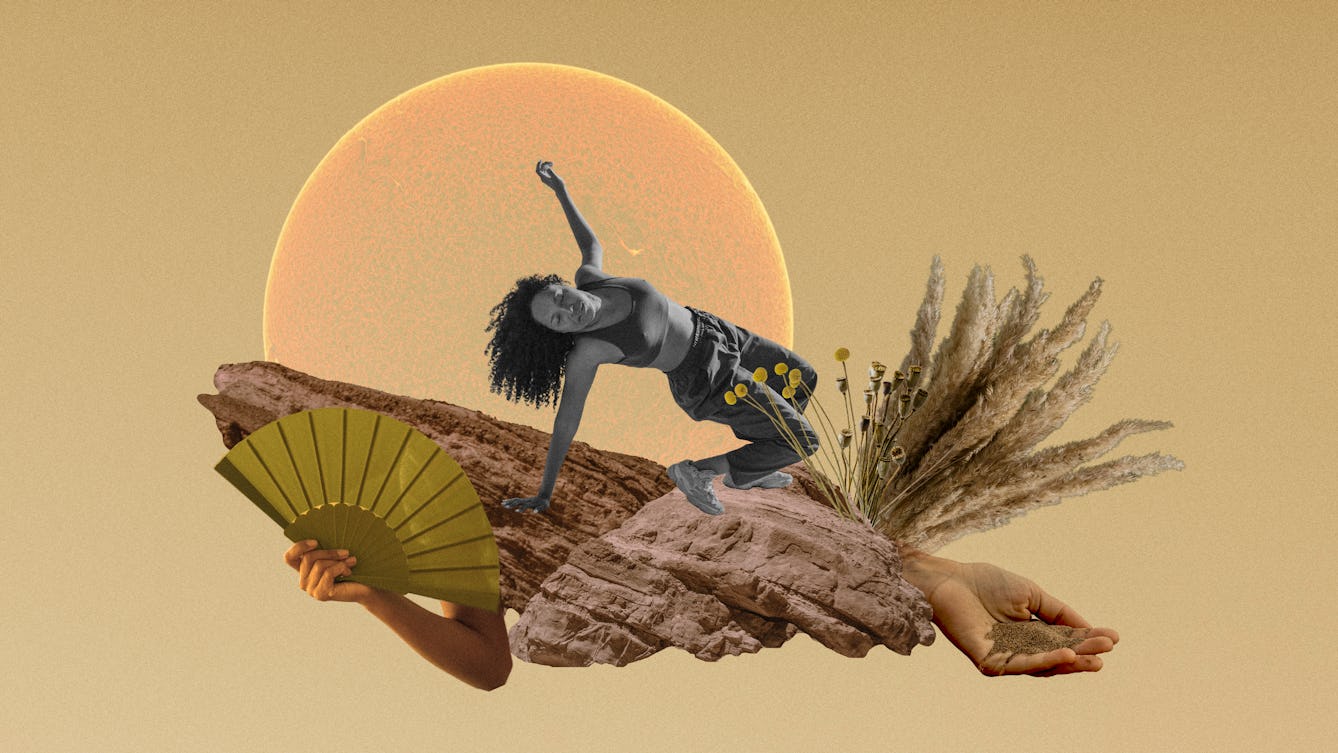
- Article
- Article
Heating up and drying out
Menopause doesn’t have to signify old age, but when your body feels like it’s letting you down, it’s hard not to believe that your useful life may be over.

- Article
- Article
The child whose town rejected vaccines
Gloucester, 1896. Ethel Cromwell is taken ill at the height of Britain’s last great smallpox epidemic.
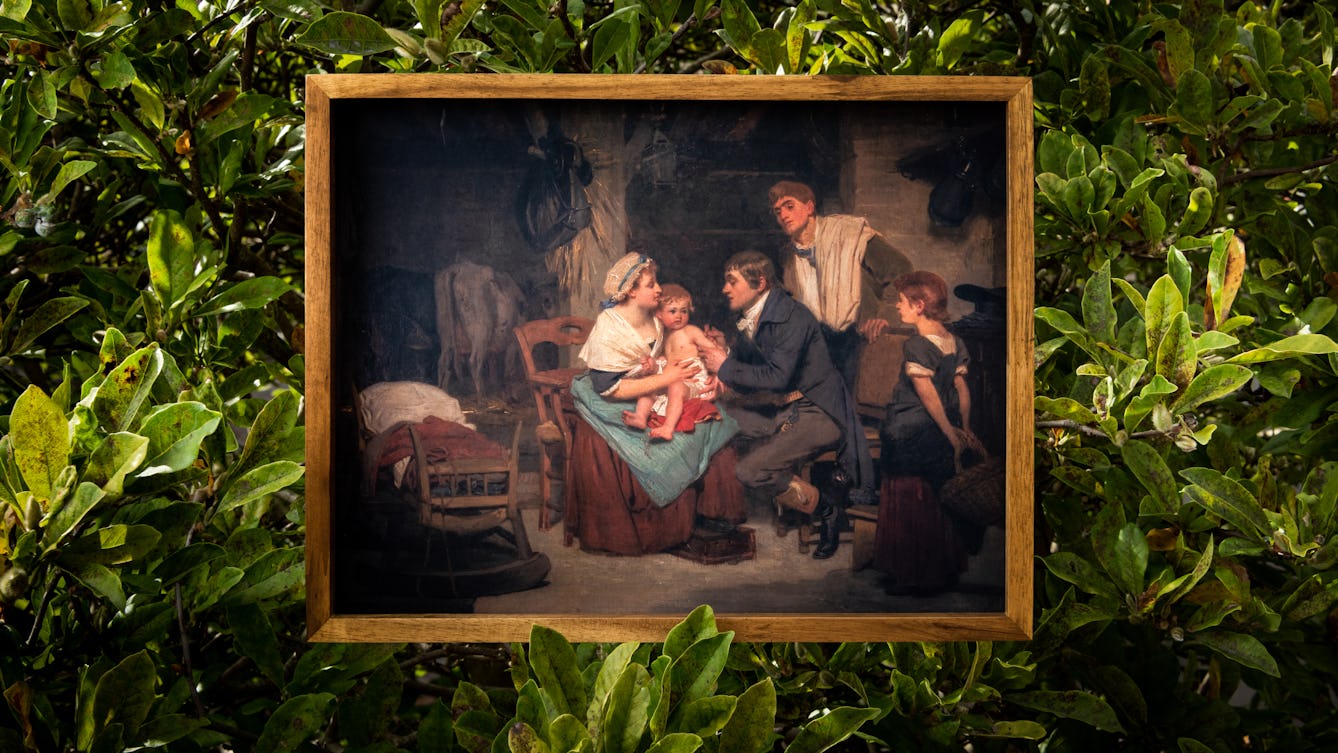
- Article
- Article
Cowpox, Covid-19 and Jenner’s vaccination legacy
The well-known story of vaccination pioneer Edward Jenner has at its heart his drive to make vaccines free of charge and available to all. Now his principles extend to the global campaign for a people’s patent-free vaccine for Covid-19.

- Article
- Article
Parasites and pests from the medieval to the modern
Humans have been reluctant hosts to a plethora of unpleasant parasites for centuries. And medieval evidence shows our modern distaste for these little irritations is just as ancient.

- Article
- Article
The stranger who started an epidemic
New Orleans, 1853. James McGuigan arrives in the port city and succumbs to yellow fever.

- Article
- Article
How can I stop fainting?
Fed up with the faints that bolstered her fragile young snowflake image, Gwen Smith sought expert medical help to keep her upright in trying situations.

- Article
- Article
On body horror and growing up strange
A young child’s unusual feelings, reactions and assertions are routinely dismissed by adults. Find out how manga horror stories became a source of strength, and helped them trust their adult body.

- Article
- Article
Deadly doses and the hardest of hard drugs
The invention of the modern hypodermic syringe meant we could get high – or accidentally die – faster than before. Find out how this medical breakthrough was adapted for deadly uses.

- Article
- Article
How hospital care fails disabled bodies
Hospitals aim to make sick people well. But if the sick person is also disabled, the unbending nature of monolithic hospital systems can easily worsen the situation. Here Jamie Hale writes from painful personal experience.
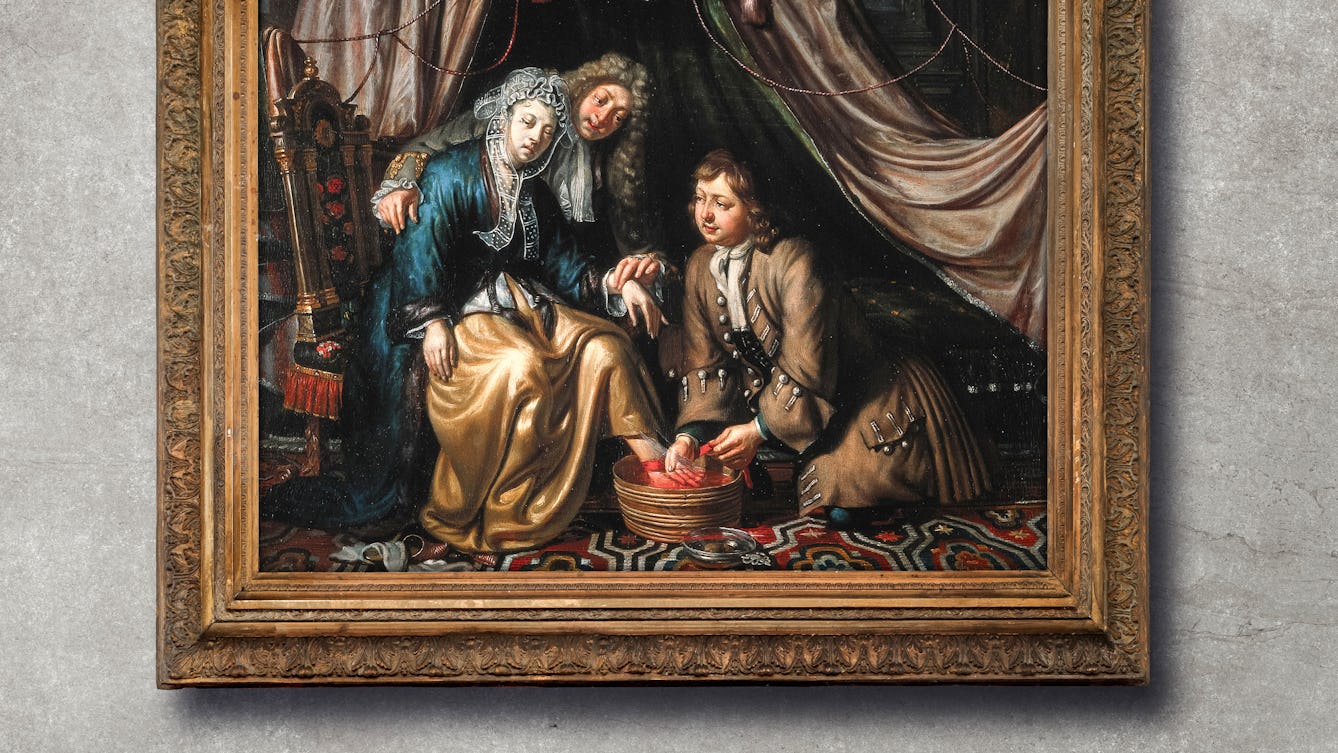
- Article
- Article
Bleeding healthy
For thousands of years, and in many different cultures, people have practised bloodletting for health and medical reasons. Julia Nurse explains where and when bleeding was used, how it was done, and why.

- Article
- Article
Making sunstroke insanity
Medical historian Dr Kristin Hussey takes a closer look at sunstroke and mental illness, and how, in the late 19th century, they connected at the crossroads of colonial science and the idea of whiteness.
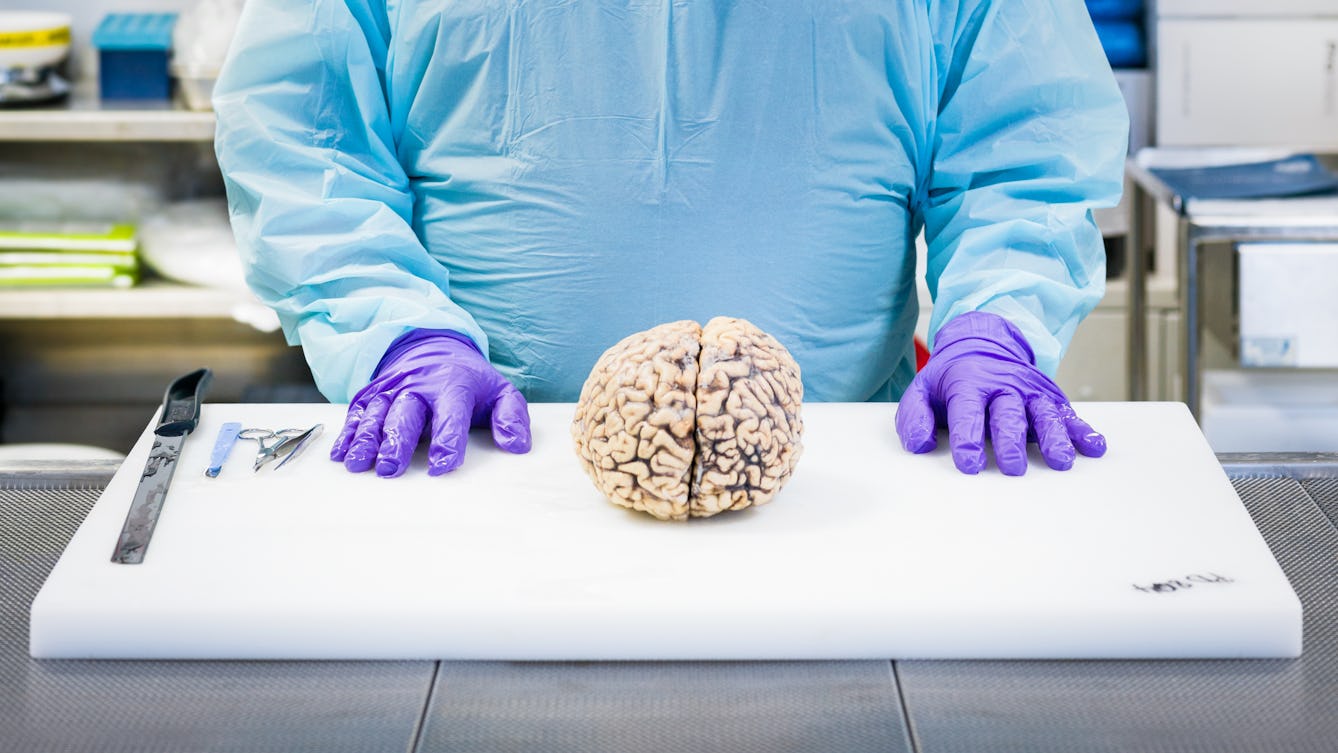
- Article
- Article
The anatomy of a brain dissection
Dissecting the brain after death not only helps confirm a diagnosis, but it can also teach us so much more about the symptoms and causes of brain diseases and how to treat them.

- Article
- Article
The secret lives of Britain’s first Black physicians
Dr Annabel Sowemimo explores the web of connections between early Black British doctors, the role of empire in West Africa and the pernicious reach of scientific racism.

- Article
- Article
How trauma affects the body and mind
The long and devastating aftermath of an attack have given writer and broadcaster Bidisha unique insight into the suffering of other victims. Here she explores survival and healing in those who have experienced trauma.

- Article
- Article
“Everybody desires a degree of independence”
I’m 26, and building a network of friends and my career. Unlike most people my age, I’m entirely dependent on carers to achieve this.
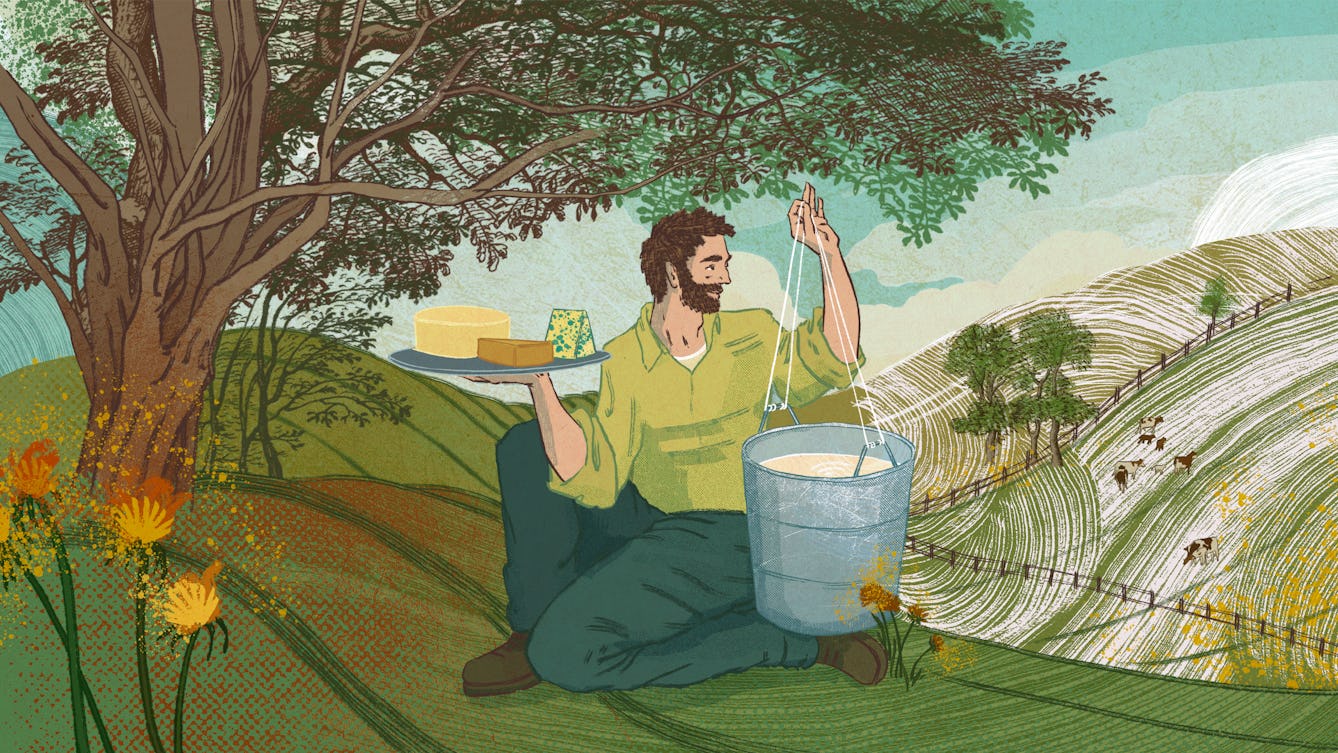
- Article
- Article
Soil health and dairy farming in the UK
Although healthy soil means more nutritious dairy products, modern intensive farming methods pollute and degrade the environment. However, a regenerative agriculture movement is kicking back against mainstream industrial farming.

- Article
- Article
Why the 1918 Spanish flu defied both memory and imagination
The Black Death, AIDS and Ebola outbreaks are part of our collective cultural memory, but the Spanish flu outbreak has not been.

- Article
- Article
The law of periodicity for menstruation
Dr Edward Clarke's Law of Periodicity claimed that females who were educated alongside their male peers were developing their minds at the expense of their reproductive organs.
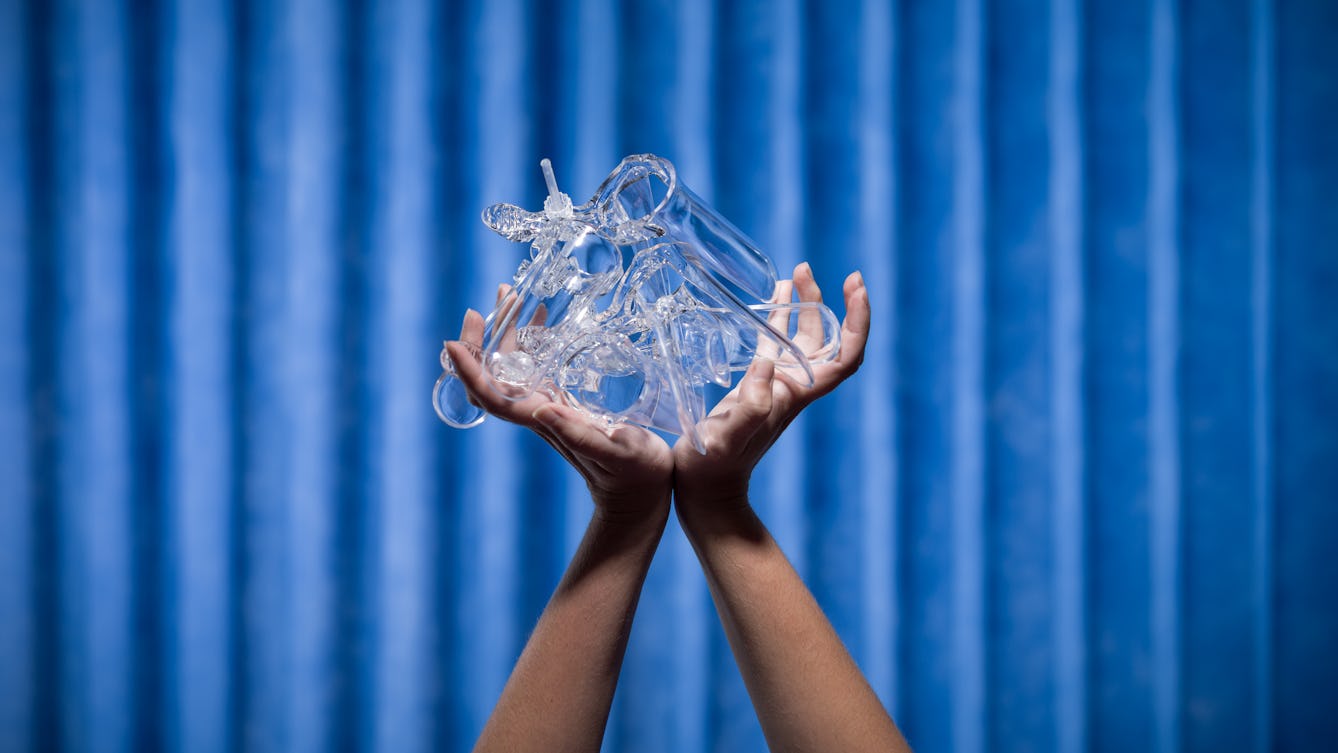
- Article
- Article
The meaning of trauma is wound
Daisy Johnson recalls her difficult journey to being diagnosed with vaginismus, and why women are so good at turning bad things into a joke.